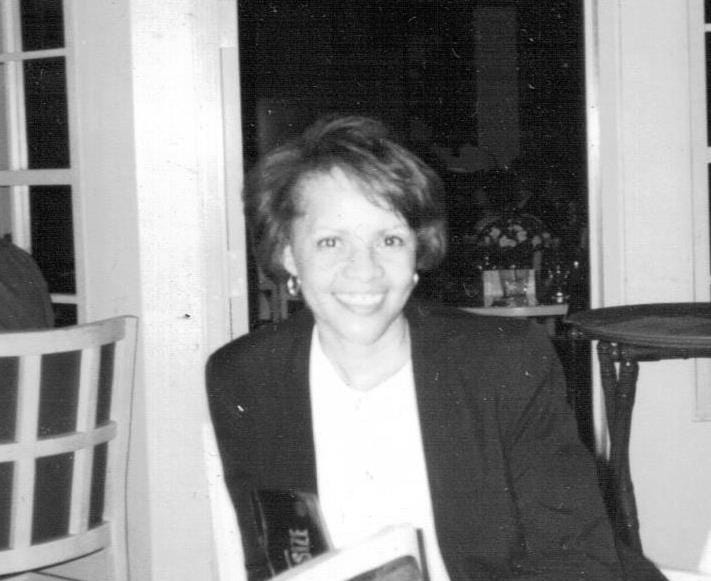ORIGINALLY POSTED ON THE BUSINESS INSIDER
- My mother purchased her home on the south side of Chicago for $55,000 in 1986, the equivalent of $123,000 today.
- When she died without a will, court fees and fines left our family with just $40,500 — a loss of over $80,000 on the purchase price of her house.
- I realized that, because of our history, many African Americans haven’t learned how to transfer wealth generationally by making an estate plan.
- So, after my mother’s death, my husband and I drafted an estate plan, which we review annually around my mother’s birthday.
The most valuable of my mother’s assets was her home — a modest, 1,225 square-foot bungalow on Chicago’s south side with three bedrooms, a single bath, a large backyard, and a one-car garage.
My mother bought the house in 1986 for $55,000, the equivalent of $123,000 today. She paid off the mortgage in 2011, which in hindsight is when the symptoms of her dementia could no longer be hidden.
My mother didn’t have a will when she died in 2014, so after over two years in probate court, we — my brother, sister, and I — sold her house for $75,000. After paying legal fees, fines and associated late fees, and back taxes to the city and state, we were left with $40,500, more than $80,000 less than what she paid for the house when adjusted for inflation.
The buyers made some cosmetic changes to the kitchen and bath. They installed an additional bathroom and hardwood flooring in the basement and cleaned out the garage. Then, they staged the house with generic lighting and rented furniture. Unlike the remodeling episodes on HGTV, it took six months before the renovation was complete. My mother’s former home was listed for $191,000 this time. It sold for $175,000.
Why my mother died without a will
My mother was a smart, talented, courageous woman. After my parents’ divorce, she returned to school, earned a PhD in speech and language pathology, joined the ranks of academia, and rose through those ranks to become provost on one of the campuses of the state’s university system.
After a few years, having had enough of the politics of government-managed higher education, she became an entrepreneur and built a successful private practice.
The issue with my mother’s estate was never about who got what; the proceeds were split among us evenly without any rancor. The issue is why my mother would not carry out a simple task and get a will in order to maximize her 30-year investment and create intergenerational wealth.
If she had made a will, we — her beneficiaries — in all likelihood would not have had to go through probate court. And even if we did it certainly wouldn’t have taken as long, thereby significantly lowering all the fees and fines.
I could blame the dementia for my mother’s lack of financial acumen and poor planning, but that would be wrong.
Generational wealth in the African American community
Unfortunately, this scenario is not uncommon, particularly for African Americans. According to some estimates, about 70% of African Americans die intestate — i.e. without a will — including such luminaries as Prince and Aretha Franklin.
Why? Dr. Pamela Jolly, CEO of Torch Enterprises and author of “The Narrow Road: A Guide to Legacy Wealth,” has answers.
“Your first introduction to money management is via your family. Financial literacy needs to be taught at an early age, not only at the end of life,” she says. “It’s important to see budgeting and expenses and investments in the context of a family business that will continue with the next generation. Given our history, it has been a relatively recent phenomenon [that] African Americans could move from focusing on sheer survival to accumulating wealth, let alone the power to transfer that wealth to the next generation.”
When she left her university job and opened her practice, my mother discussed her finances with a certified financial planner. I recall her asking for my social security number, as well as those of my children, for her insurance.







Leave a Reply